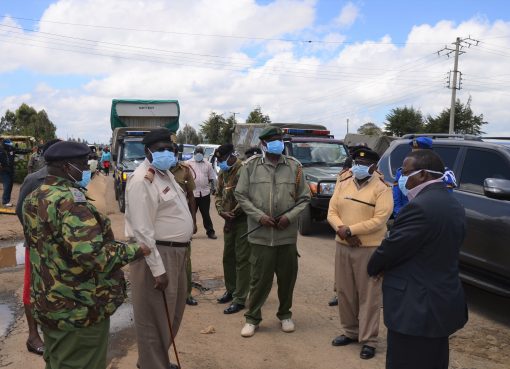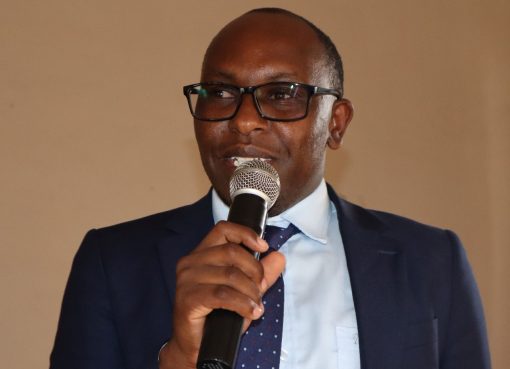The Dairy Cooperative movement in Kakamega county dates as far back to the year 1966 when the local Dairy Cooperative was registered.
Since then, the number of the cooperatives has increased and there are currently 23 active ones with a combined share capital of Sh.11,476,679.
The County Commissioner of Cooperatives (CCC), Ben Kangale says the County Government is investing in the dairy sector to make it another frontier for economic growth.
He says the one-cow initiative launched four years ago has seen over 700 dairy cows given to selected poor households in the county.
“The motive behind the programme was not only to provide source of income to the beneficiaries but to also boost milk production,” he said, adding that the heifers from the first lot would be passed on to other households in a bid to realize a ripple effect.
He added that the county administration has embarked on the project of establishing a dairy smart farm in each of the 12 Sub Counties and so far three are in place in Lurambi, Khwisero and Matungu.
Each of the model farms, he said, would be stocked with 25 pedigree cows aimed at boosting milk production local consumption and export.
The CCC explained that Likuyani Sub County leads with eight cooperatives followed by Butere and Lugari with three each, Mumias West has two while Matungu, Mumias East, Ikolomani, Khwisero, Lurambi, Shinyalu and Navakholo have one.
He pointed out that marketing cooperatives lacked value addition equipment as can be seen with Shianda Dairy that used wood fuel for pasteurization.
Kangale said most dairy cooperatives also lacked operating capital and transport mechanism.
The officer added that the members of the management committees do not have the requisite skills.
He said for the societies to function properly, they need to financially support them, while officials require training on development of business plans, book keeping, product marketing and procurement laws.
The CCC also suggested that the milk collection and storage centres be increased as well as organizing exchange
programmes with other successful societies for learning purposes.
By Sammy Mwibanda



